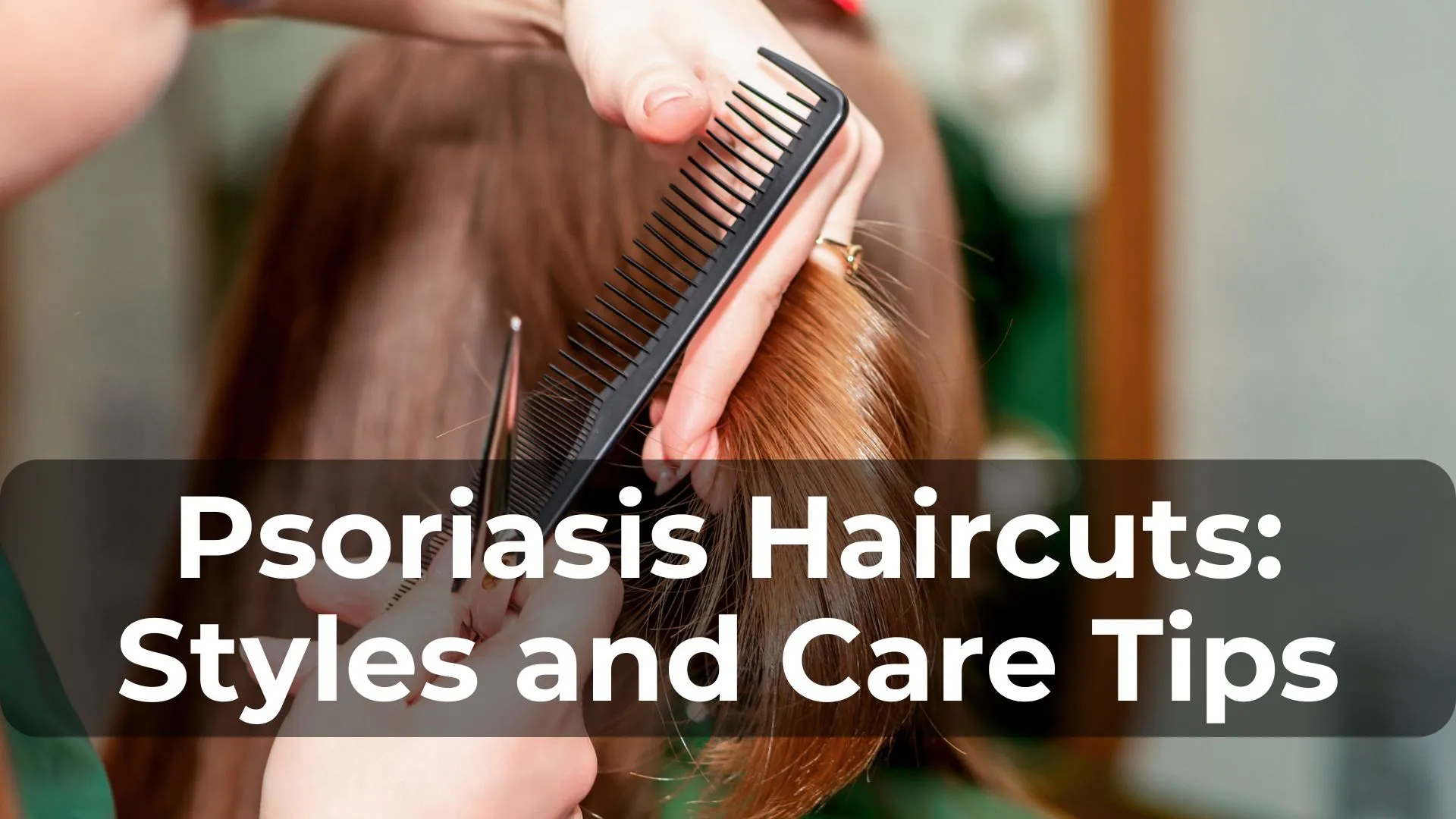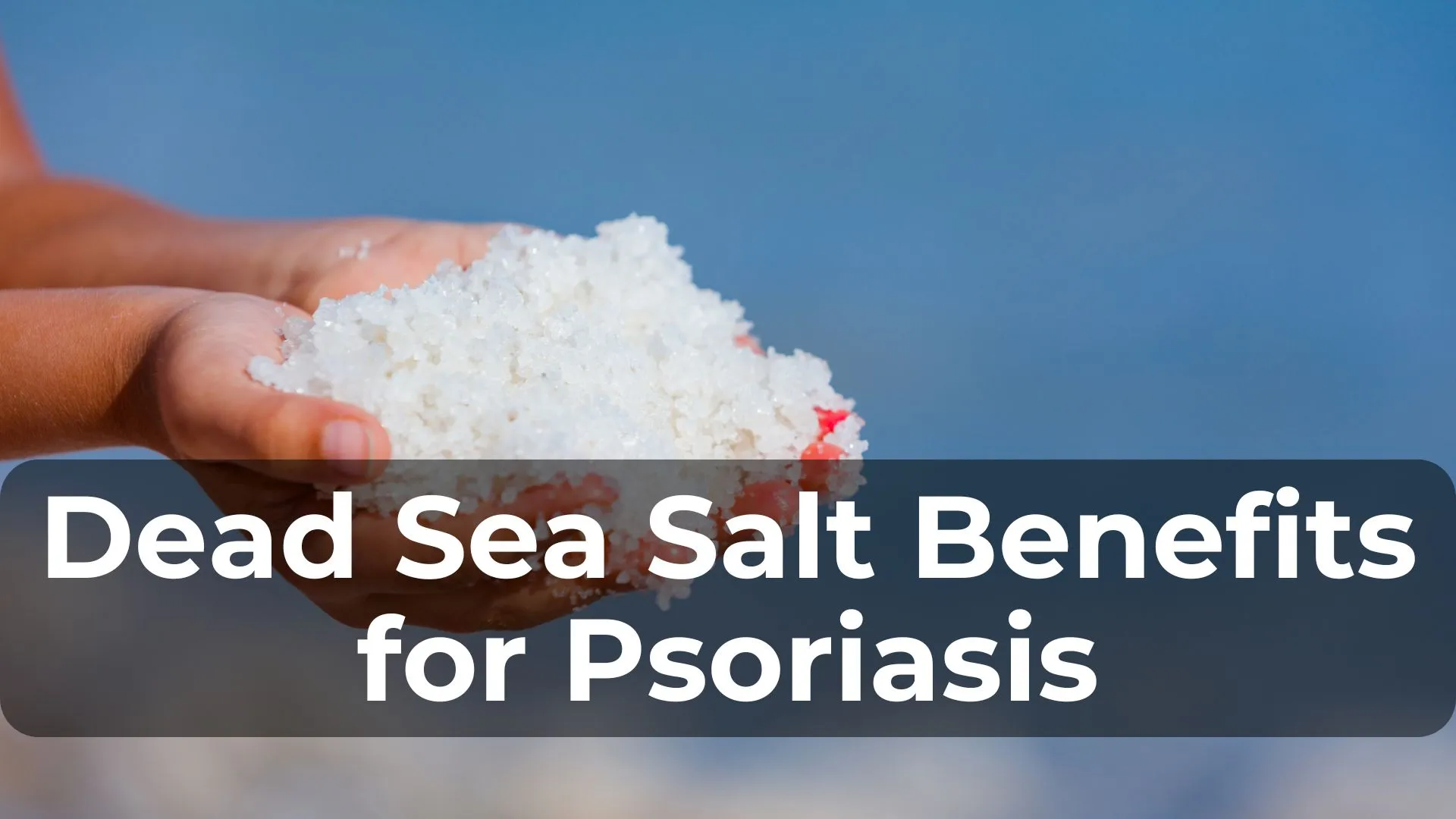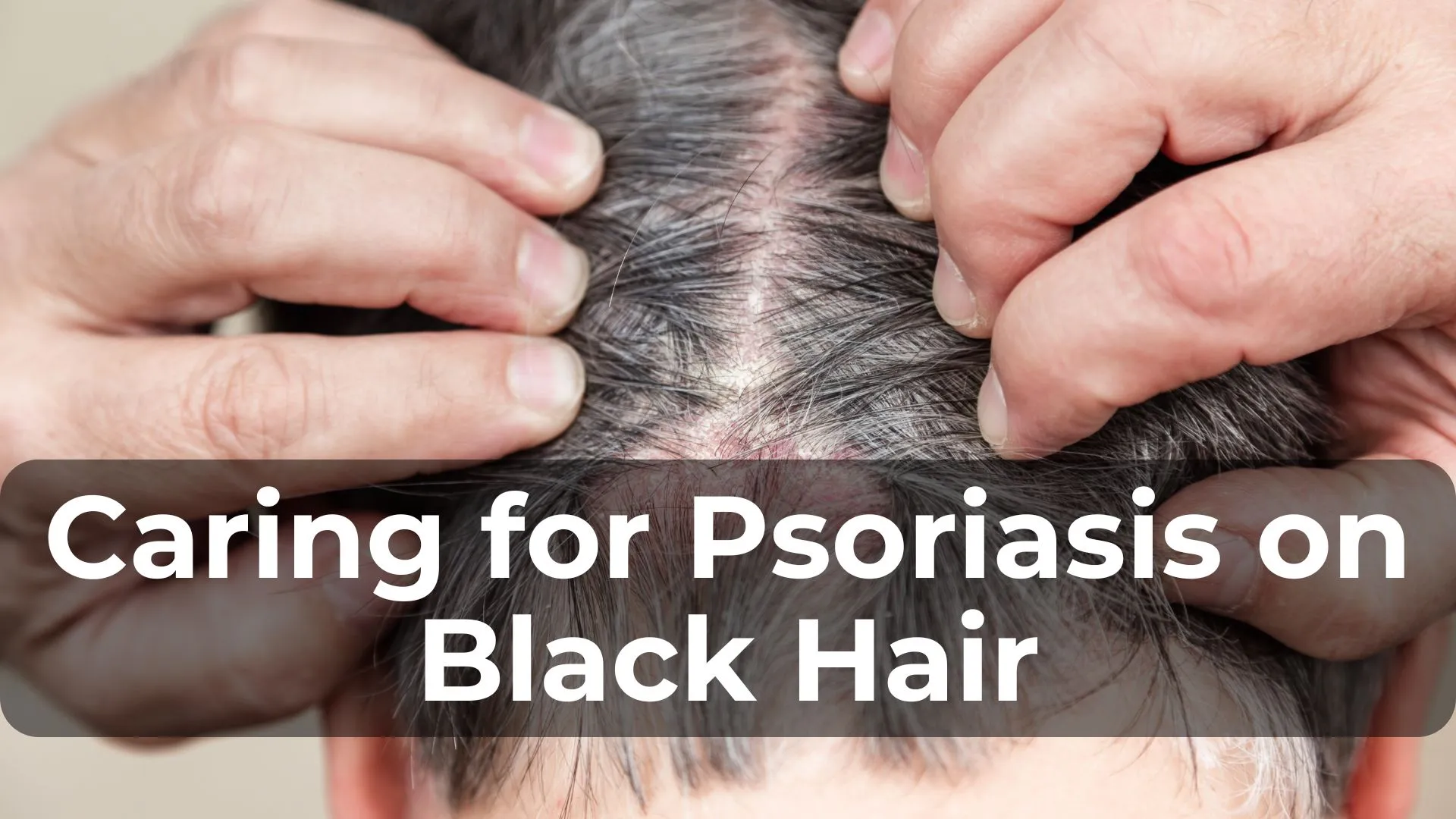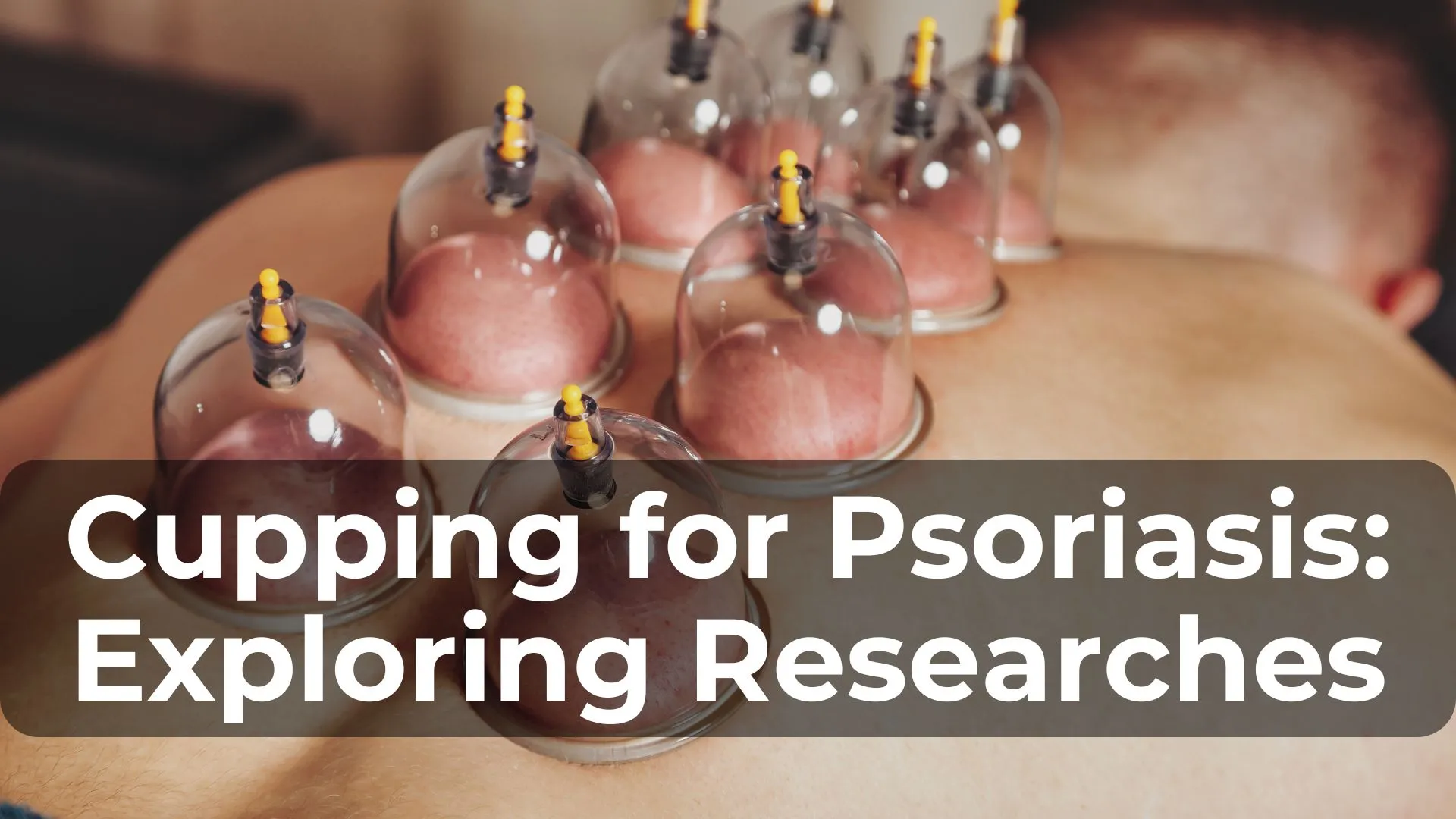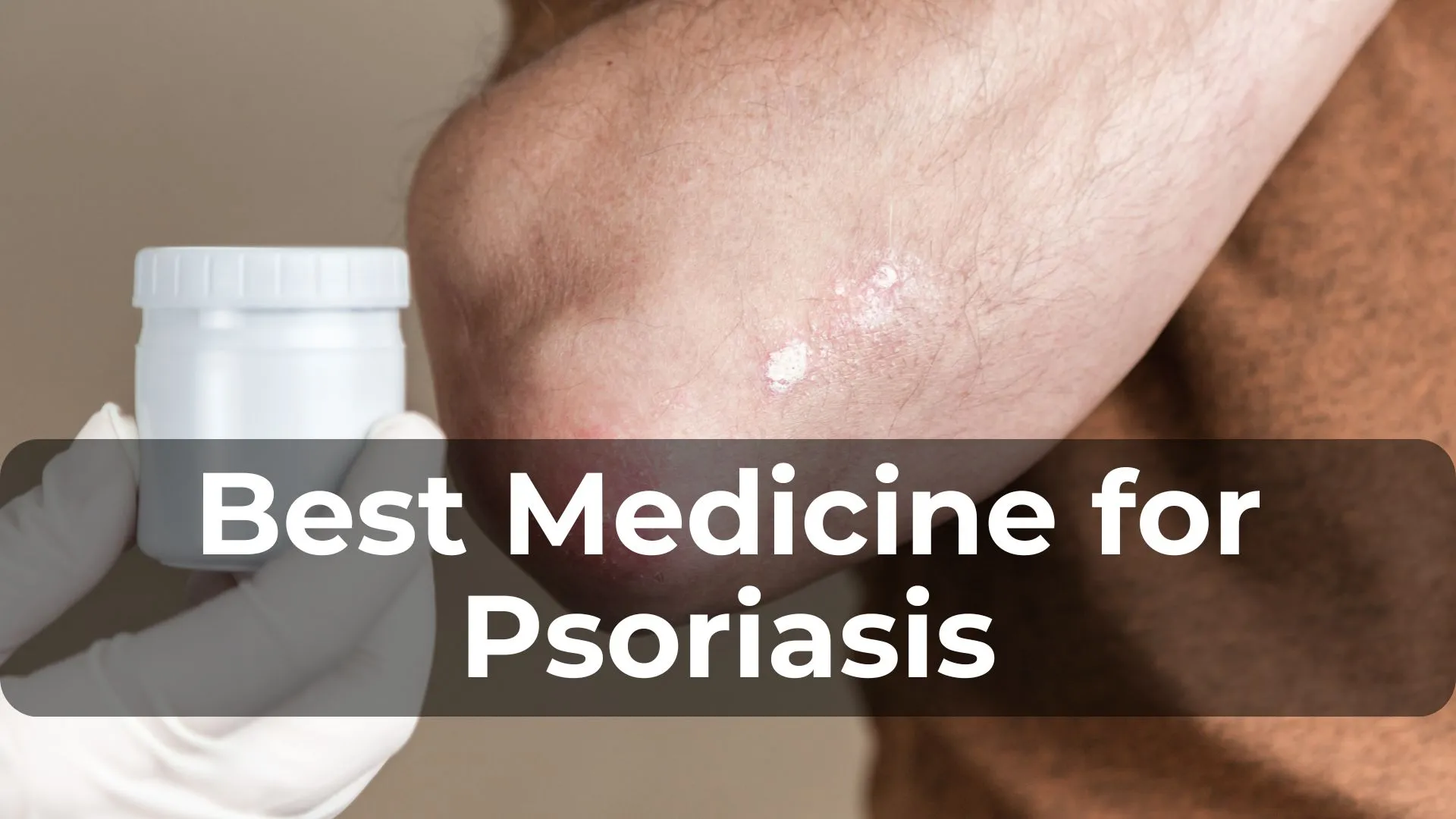
Living with psoriasis can feel like an unending battle. You’ve probably tried countless treatments, hoping each new one will finally be the solution. Let’s talk about the various types of medicine for psoriasis, what works, what doesn’t, and why the best path to healing might be different from what you’ve tried before.
Table of Contents
ToggleUnderstanding Psoriasis Medications
When it comes to treating psoriasis, the market is flooded with options. From topical creams to systemic medications, each one promises relief. But here’s the kicker: they all help to reduce or hide symptoms, not treat the root cause. And that’s why many people find their symptoms returning, sometimes even worse than before. The true healing comes from addressing the root cause and using a holistic approach. This means treating the entire body, not just the skin.
Topical Treatments
Topical treatments are usually the first line of defense against psoriasis. These include creams and ointments applied directly to the skin. They work by reducing inflammation and slowing down the excessive skin cell production that characterizes psoriasis. Common topical treatments include:
- Corticosteroids: These are anti-inflammatory drugs that reduce swelling and redness. They can be effective, but long-term use can thin the skin and lead to other side effects.
- Vitamin D Analogues: These creams slow skin cell growth and are often used in combination with other treatments. They can be effective but may cause skin irritation.
- Coal Tar: This is one of the oldest treatments for psoriasis. It reduces scaling, itching, and inflammation. However, it can be messy and has a strong odor.
- Retinoids: These vitamin A derivatives help reduce skin cell production. They can be effective but may cause dryness and irritation.
Systemic Medications
When topical treatments aren’t enough, doctors may prescribe systemic medications. These are drugs taken orally or by injection that work throughout the body. Common systemic medications include:
- Methotrexate: This drug reduces skin cell production and suppresses inflammation. It’s effective but can have serious side effects, including liver damage.
- Cyclosporine: This immunosuppressant reduces the immune system’s activity to prevent flare-ups. It’s effective but increases the risk of infections and other health issues.
- Biologics: These are a newer class of drugs that target specific parts of the immune system. They can be very effective but are expensive and can increase the risk of infections and other diseases.
- Oral Retinoids: These help reduce the production of skin cells but can cause significant side effects, including birth defects, so they’re used with caution.
Phototherapy
Phototherapy, or light therapy, involves exposing the skin to ultraviolet (UV) light under medical supervision. It can be very effective for reducing symptoms. Common types of phototherapy include:
- UVB Therapy: This involves exposing the skin to UVB light. It’s effective but requires multiple sessions.
- PUVA Therapy: This combines a drug called psoralen with UVA light. It’s effective but can increase the risk of skin cancer with long-term use.
- Excimer Laser: This uses a targeted beam of UVB light. It’s effective for localized plaques but can be expensive.
Holistic Healing: Treating the Root Cause
While these treatments can provide temporary relief, they don’t address the root cause of psoriasis and have plenty of side effects. For true healing, a holistic approach is essential. This means treating the entire body, not just the skin. It involves physical, chemical, and emotional healing.
Physical Treatments: Get Moving and Get Sun
Regular Exercise
Engaging in regular physical activity can work wonders for psoriasis. Exercise helps reduce inflammation, improve mood, and boost overall health. It’s not just about hitting the gym; find something you enjoy, like yoga, swimming, or even dancing. The goal is to keep moving and keep your body in balance.
Sunlight Therapy
Sunlight is a natural healer. Ultraviolet (UV) light slows down the rapid skin cell turnover that psoriasis causes. Spending a few minutes in the sun each day can help reduce symptoms. But be cautious, too much sun can be harmful, so always use sunscreen and avoid peak hours.
Chemical Treatments: What You Put In Matters
Dietary Changes
What you eat plays a huge role in managing psoriasis. Foods that are anti-inflammatory, like leafy greens, berries, and fatty fish, can help reduce flare-ups. Conversely, processed foods, red meat, and dairy can exacerbate symptoms. It’s not just about cutting out the bad stuff; it’s about adding in the good.
Detoxification
Detoxifying your body can help eliminate the toxins that contribute to inflammation and psoriasis flare-ups. This doesn’t mean a trendy juice cleanse; it means adopting a diet rich in fruits, vegetables, and whole grains while avoiding processed foods and sugars. Drinking plenty of water also helps flush out toxins.
Supplements
Certain supplements can support your journey to clear skin. Omega-3 fatty acids, vitamin D, and probiotics have all shown promise in reducing psoriasis symptoms. Always consult with a healthcare provider before starting any new supplement to ensure it’s right for you.
Emotional and Spiritual Healing
Living with a chronic condition like psoriasis can take a toll on your mental health. Stress is a known trigger for psoriasis flare-ups, so managing your emotional well-being is crucial.
Mindfulness and Meditation
Practices like mindfulness and meditation can help reduce stress and improve your emotional health. Even just a few minutes a day can make a big difference. These practices help you stay present, reduce anxiety, and promote overall well-being.
Connecting with Others
Don’t underestimate the power of community. Connecting with others who understand what you’re going through can provide immense emotional support. Whether it’s a support group, online forum, or just a friend who listens, having someone to talk to can make the journey less lonely.
Natural Remedies: Nature’s Gift
Mother Nature offers some fantastic remedies for psoriasis. Here are a few that have stood the test of time:
Aloe Vera
Aloe Vera is well-known for its soothing properties. Applying aloe vera gel to affected areas can reduce redness and scaling, providing relief from psoriasis symptoms.
Tea Tree Oil
Tea tree oil has antiseptic and anti-inflammatory properties. Adding a few drops to your bath or using it in a diluted form on your skin can help manage symptoms. Be careful, though; it’s potent and should always be used with a carrier oil.
Turmeric
Turmeric is a powerful anti-inflammatory. You can incorporate it into your diet or apply it topically. Turmeric supplements are also available, but again, consult with a healthcare provider before starting any new supplement.
Psoriasis Freedom Protocol: Your Guide to Natural Healing
If you’re tired of the endless cycle of treatments that don’t work, it’s time to consider a holistic approach. The Psoriasis Freedom Protocol offers a step-by-step guide to achieve 100% natural healing. This protocol focuses on treating the root cause of psoriasis, not just the symptoms. It incorporates physical activity, dietary changes, emotional healing, and natural remedies to bring your body back into balance.
In conclusion, while traditional medications can provide temporary relief, true healing from psoriasis comes from addressing the root cause. By adopting a holistic approach that includes physical, chemical, and emotional healing, you can start your journey towards clear skin. Remember, healing is a process, and it’s about making sustainable changes that support your overall health. Embrace the journey, and take the first step towards a psoriasis-free life with the Psoriasis Freedom Protocol.


